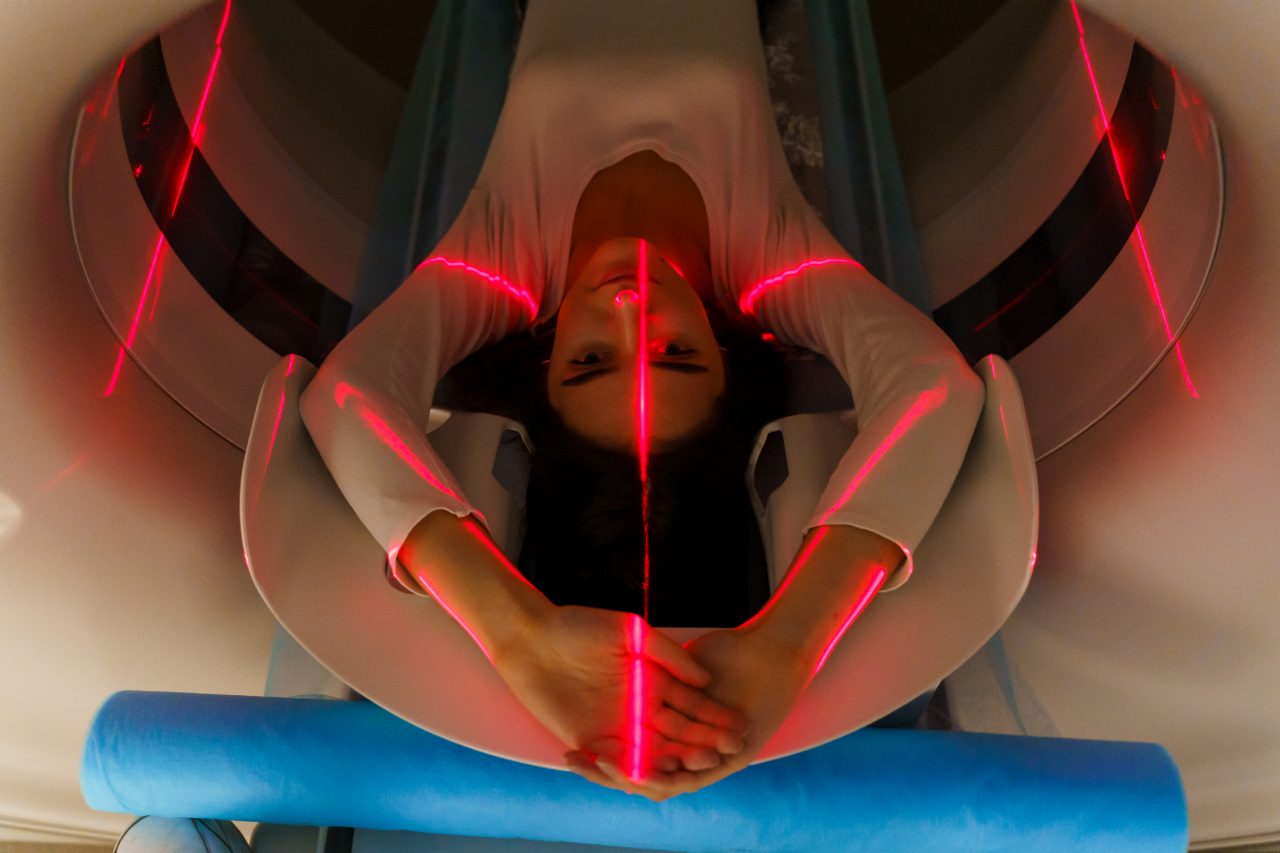Computed tomography
Computed tomography (CT) scanning, sometimes called CAT scanning, is a non-invasive, painless imaging procedure that obtains cross-sectional images of body parts that cannot be seen on a standard X-ray.
Common types of computed tomography (CT) scans
CT scans are used to examine different parts of the body. Depending on the medical need, specific types of CT scans are performed:
Abdominal and pelvic CT scan
Helps identify issues in the abdomen or pelvis.
Bone CT scan
Used to detect fractures, bones infections or tumors.
Cardiac CT angiography
A specialized CT scan to visualize blood vessels and detect aneurysms, blood clots and blocked or narrowed arteries.
Cardiac CT scan
Focused on the heart to diagnose coronary artery disease, heart valve issues and structural heart abnormalities.
Chest CT scan
Provides detailed images of the chest cavity to detect lung infections, lung nodules, pulmonary embolism and vascular abnormalities.
Full-body CT scan
Rarely used in routine practice but helpful for trauma cases or cancer staging.
Head CT scan
Used to diagnose conditions related to the brain, such as stroke, head injuries and neurological disorders.
Spinal CT scan
Evaluates spinal injuries or abnormalities such as herniated discs, spinal fractures and degenerative diseases.
Stroke CT scan
Scans play a vital role in stroke diagnosis, helping physicians quickly assess brain tissue and guide treatment.
Advanced CT imaging for safer, faster, more precise diagnosis
Low-dose, high-speed scanning
We use advanced 128-slice and 64-slice scanners to complete exams faster while reducing radiation exposure. This ensures high-quality imaging with minimal radiation doses for all patients.
Sharper imaging for moving organs
Our CT scanners deliver greater detail and consistency, especially when imaging dynamic organs like the heart. Timed scans between heartbeats reduce motion blur, improving diagnostic accuracy for cardiac conditions.
Lower-dose imaging for children
Children are more sensitive to radiation, and while long-term risks are minimal, they are possible. We take extra care when imaging children, using the lowest radiation dose possible while maintaining high-quality diagnostic images. In many cases our services meet image gently® recommendations.

Preparing for a CT Scan
- Wear comfortable, loose-fitting clothing; you may be given a gown to wear during the procedure.
- Leave metal objects, including jewelry, eyeglasses, dentures and hairpins, at home or remove them prior to your exam; you may also be asked to remove hearing aids.
- Do not to eat or drink for several hours before the exam, especially if a contrast material will be used.
- Women should inform their physician and the CT technologist if there is any possibility that they are pregnant or are breast feeding.
- To avoid delays, remember to bring a copy of your prescription.
If you are having a CT interventional procedure, a radiology nurse will call you prior to your appointment to provide you with instructions and answer all of your questions.